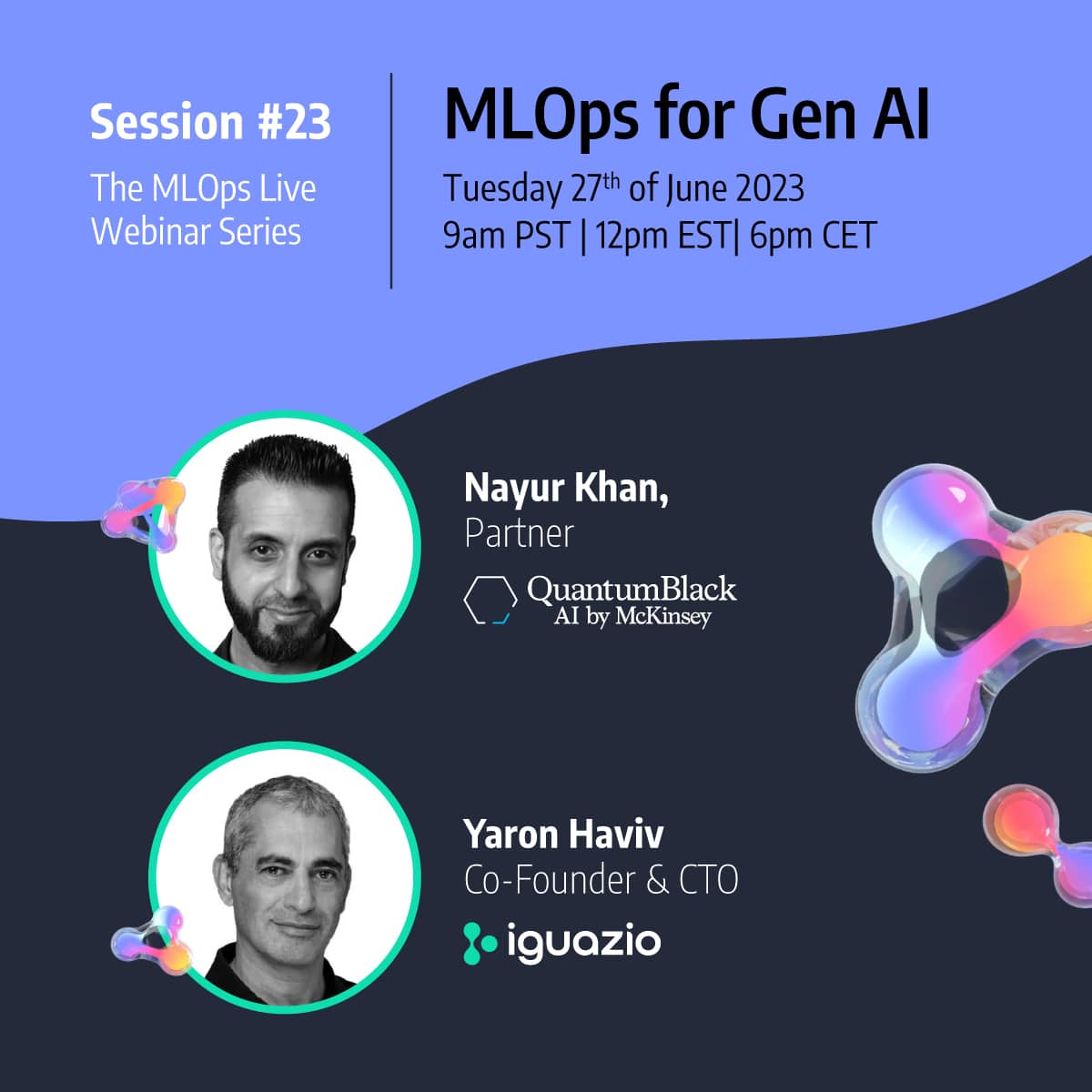Unlike traditional machine learning, generative AI introduces unique challenges and opportunities, necessitating specialized skills and a proactive approach to learning. To upskill talent for generative AI, training recommendations vary by role:
- Data scientists working with generative AI must go beyond standard analytical methods, developing expertise in prompt engineering and model output monitoring. This might require adapting AI model monitoring practices to ones that are specific to generative AI. For example, addressing issues like hallucinations.
- Data engineers, software engineers and cloud architects focus on managing complex infrastructure needs for AI deployments. This requires staying current with cloud service offerings, AI-specific pipelines and model testing is important, as these are rapidly evolving. This knowledge is essential for transitioning from experimental models to production-ready deployments.
Given the rapid pace of advancement in the AI field, it’s critical for all professionals working with generative AI to prioritize continuous learning. This can be achieved by regularly engaging with content from industry analysts, AI vendors and thought leaders in the space. Blogs, newsletters, webinars and communities provide real-time insights into best practices, new tools and emerging trends. Additionally, attending industry events and joining online communities, such as AI research forums or professional groups on LinkedIn, helps professionals network with peers, share insights, and exchange knowledge about challenges and solutions.
